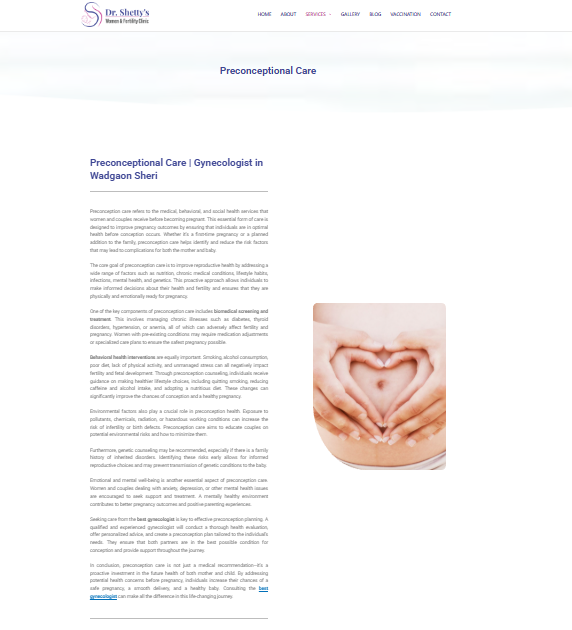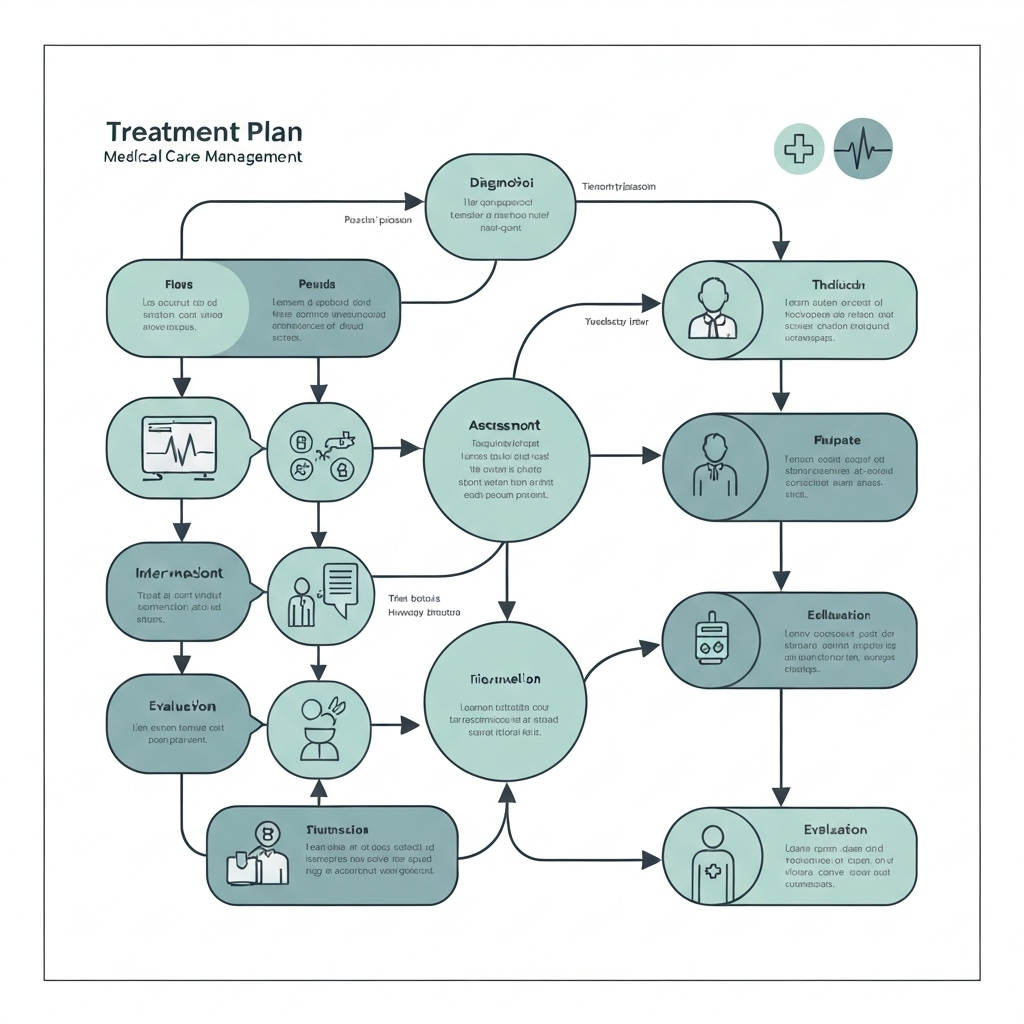Gynaec & Obstetric Sonography
Expert care and guidance from Dr. Meenal Warade, your trusted gynecologist.

About Gynaec & Obstetric Sonography
Gynecological and obstetric sonography uses ultrasound technology to examine the female reproductive organs and monitor pregnancy development. This non-invasive imaging technique provides valuable information about the uterus, ovaries, fallopian tubes, and developing fetus without radiation exposure.
Ultrasound examinations are essential tools in women's healthcare, helping diagnose various conditions, monitor pregnancy progress, and guide medical procedures. The technology has revolutionized prenatal care and gynecological diagnosis, providing real-time images that help healthcare providers make informed treatment decisions.

Expert Consultation
Personalized care with comprehensive evaluation and treatment planning.

Advanced Technology
State-of-the-art equipment for accurate diagnosis and effective treatment.
Common Causes & Risk Factors
The need for gynecological and obstetric sonography arises from various clinical situations requiring internal visualization of reproductive organs. During pregnancy, regular ultrasounds monitor fetal development, detect abnormalities, determine due dates, and assess placental health.
Gynecological conditions such as ovarian cysts, uterine fibroids, endometriosis, and pelvic masses require ultrasound evaluation for proper diagnosis and treatment planning. Abnormal bleeding, pelvic pain, and fertility issues often necessitate sonographic examination.
Routine screening, such as follicular monitoring during fertility treatments or post-menopausal bleeding evaluation, also requires ultrasound assessment. Emergency situations like suspected ectopic pregnancy or ovarian torsion need immediate sonographic evaluation.

Lifestyle Factors
Understanding how daily habits and choices impact your health.

Genetic Factors
Family history and genetic predisposition considerations.
Prevention & Management
While sonography itself is a diagnostic tool rather than a preventive measure, regular ultrasound examinations can help detect conditions early, preventing complications through timely intervention. Routine prenatal ultrasounds help identify potential pregnancy complications before they become serious.
Gynecological ultrasounds can detect ovarian cysts, fibroids, and other conditions in their early stages, allowing for less invasive treatment options. Regular monitoring of known conditions helps prevent progression and complications.
Following recommended screening schedules and seeking prompt evaluation of symptoms ensures that ultrasound examinations are performed when most beneficial. Proper preparation for ultrasound examinations, such as maintaining a full bladder when required, ensures optimal image quality and diagnostic accuracy.

Regular Screening
Early detection through routine examinations and preventive care.

Treatment Planning
Customized treatment approaches tailored to individual needs.
Frequently Asked Questions
Ready to Get Started?
Schedule your consultation with Dr. Meenal Warade today for personalized care and expert guidance.